Education in Botswana
Education is the heartbeat of Botswana’s progress, empowering citizens with knowledge and skills for a thriving future. From universal primary schooling to cutting-edge universities, the system blends academic excellence with vocational training, fostering inclusivity and innovation across diverse communities.
Discover Botswana’s Learning Journey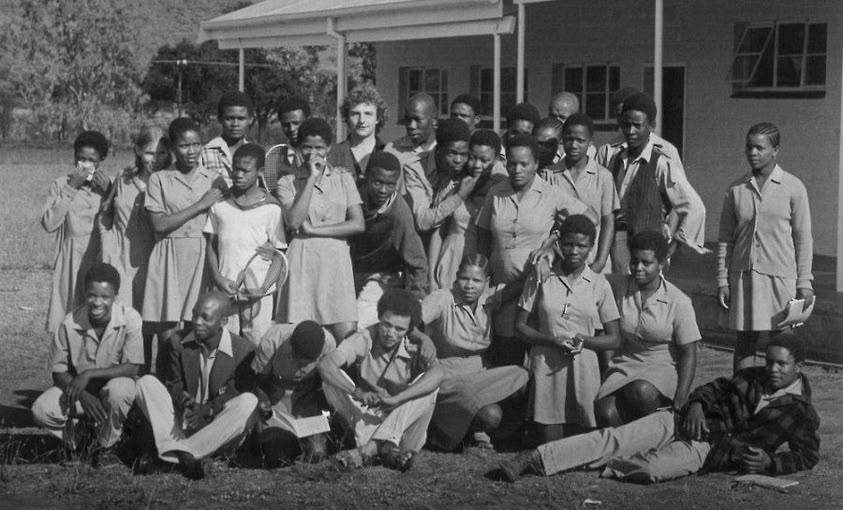
Primary & Secondary Education
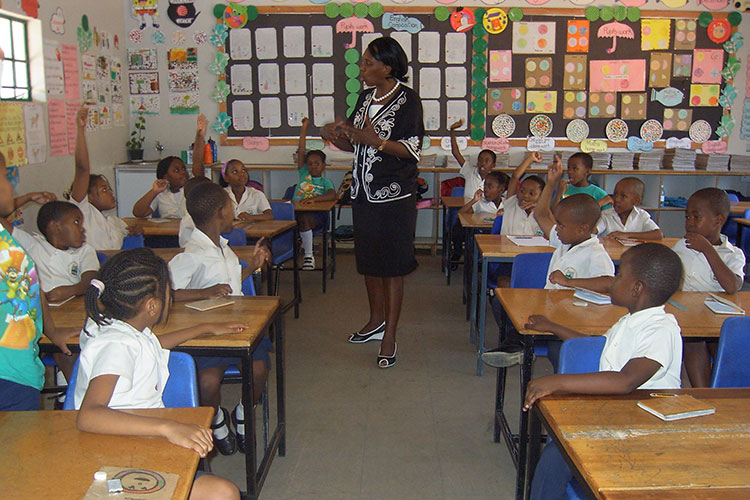
Primary Education
Free for ages 6–13, primary education reaches over 90% of children. The curriculum covers Setswana, English, math, and science, with schools like Tsabong Primary integrating local culture.
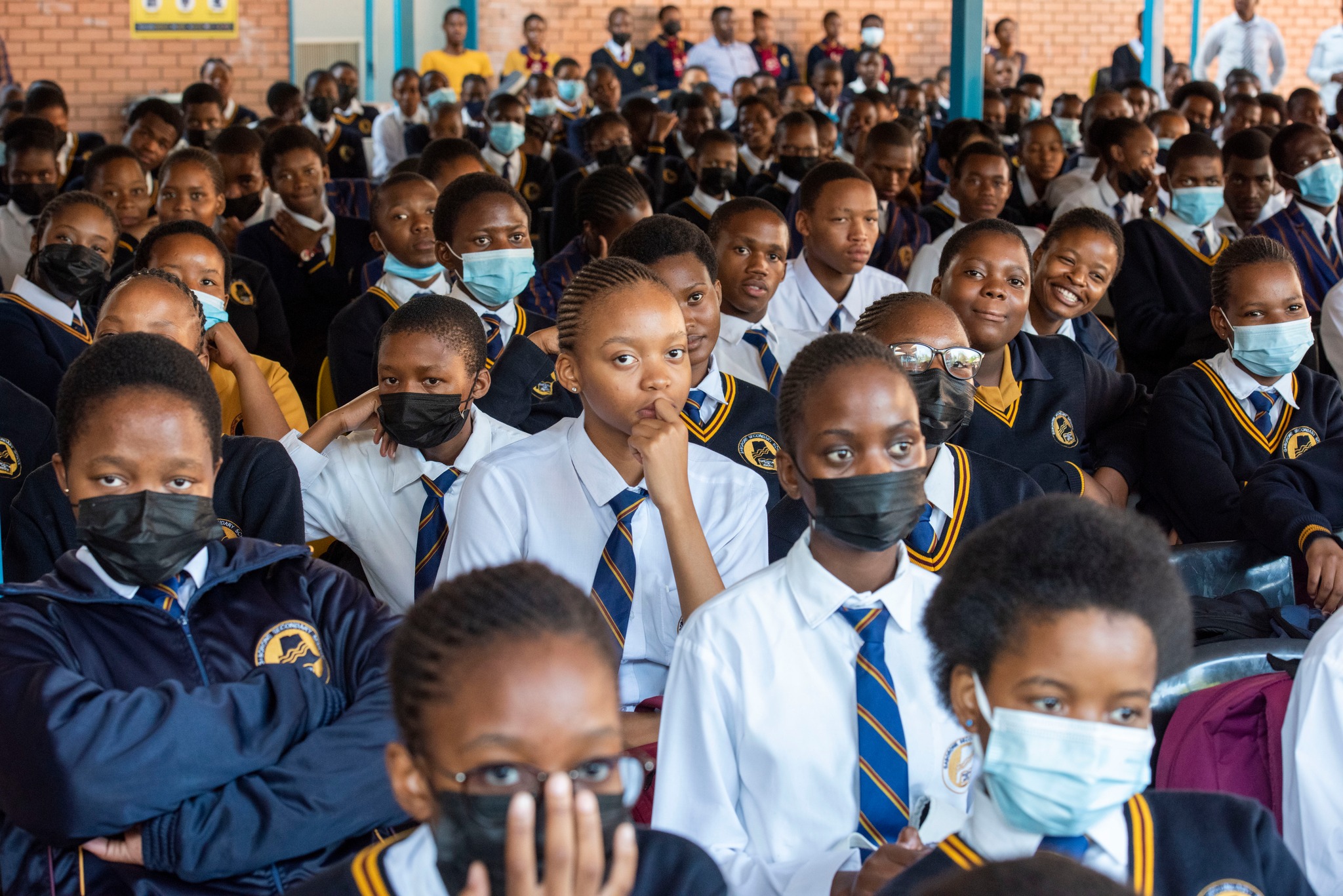
Secondary Education
Junior and senior secondary schools prepare students for BGCSE exams. Subjects include agriculture and design, with schools like Mater Spei College emphasizing practical skills.
Higher Education
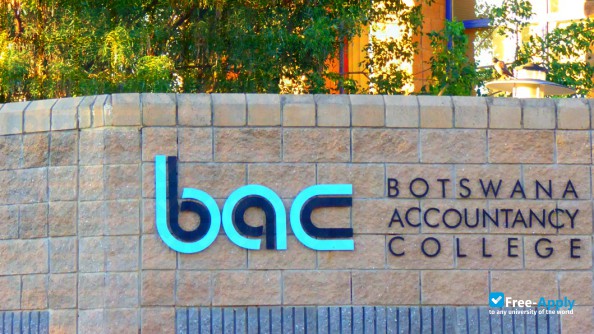
Universities
Botswana Accountancy College offers a range of courses in accounting, including BA (Hons) Accounting and Finance, AAT, and ACCA, as well as computer engineering programs like BSc (Hons) Computing – Computer Systems Engineering,The University of Botswana in Gaborone offers degrees in engineering, medicine, and humanities. BIUST in Palapye focuses on STEM, driving innovation in mining and tech.
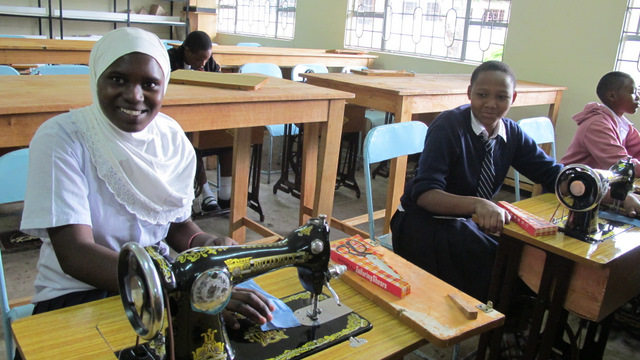
Vocational Training
Institutions like Gaborone Technical College train students in trades like plumbing and hospitality, aligning with Vision 2036 goals for a skilled workforce.
Challenges & Initiatives
While literacy rates exceed 88%, rural schools face teacher shortages and limited tech access. The 2015–2020 ETSSP promotes digital classrooms, with 2025 pilots introducing tablets in schools like Maun Senior Secondary. Inclusive education programs support students with disabilities, and partnerships with NGOs expand vocational training in regions like Kgalagadi.
“Education is our bridge to prosperity, connecting every child to a brighter future.” — Minister of Education, 2025
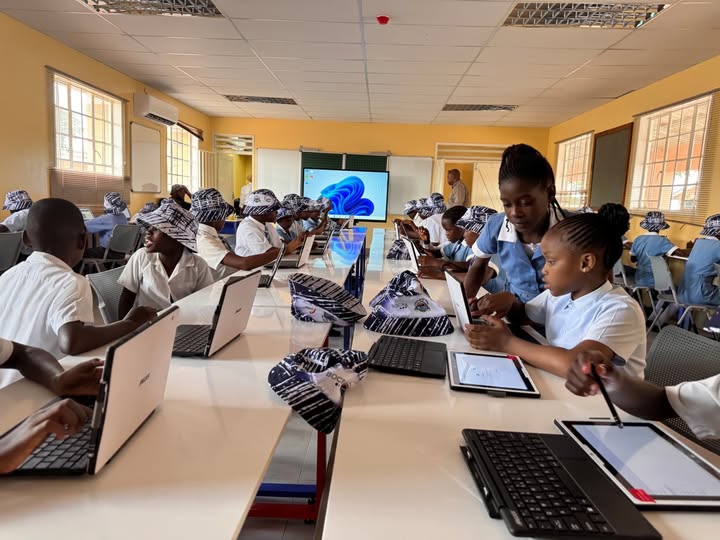
Recent Trends & News
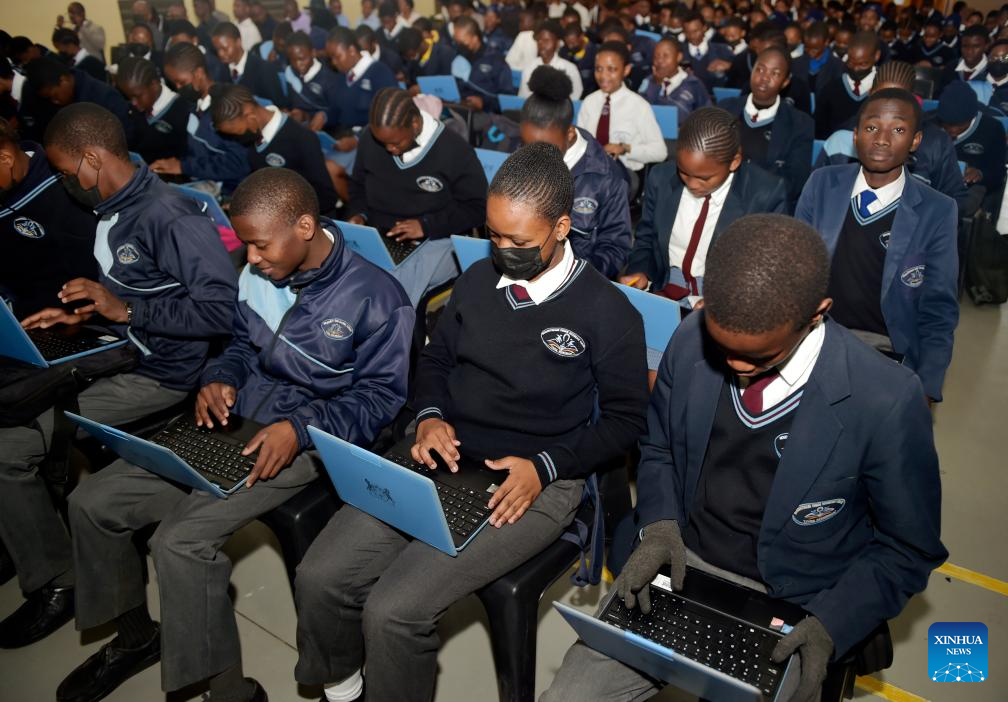
Digital Transformation
Botswana’s 2025 e-Education Strategy equips schools with Wi-Fi and coding programs, preparing students for tech-driven careers in AI and renewable energy.
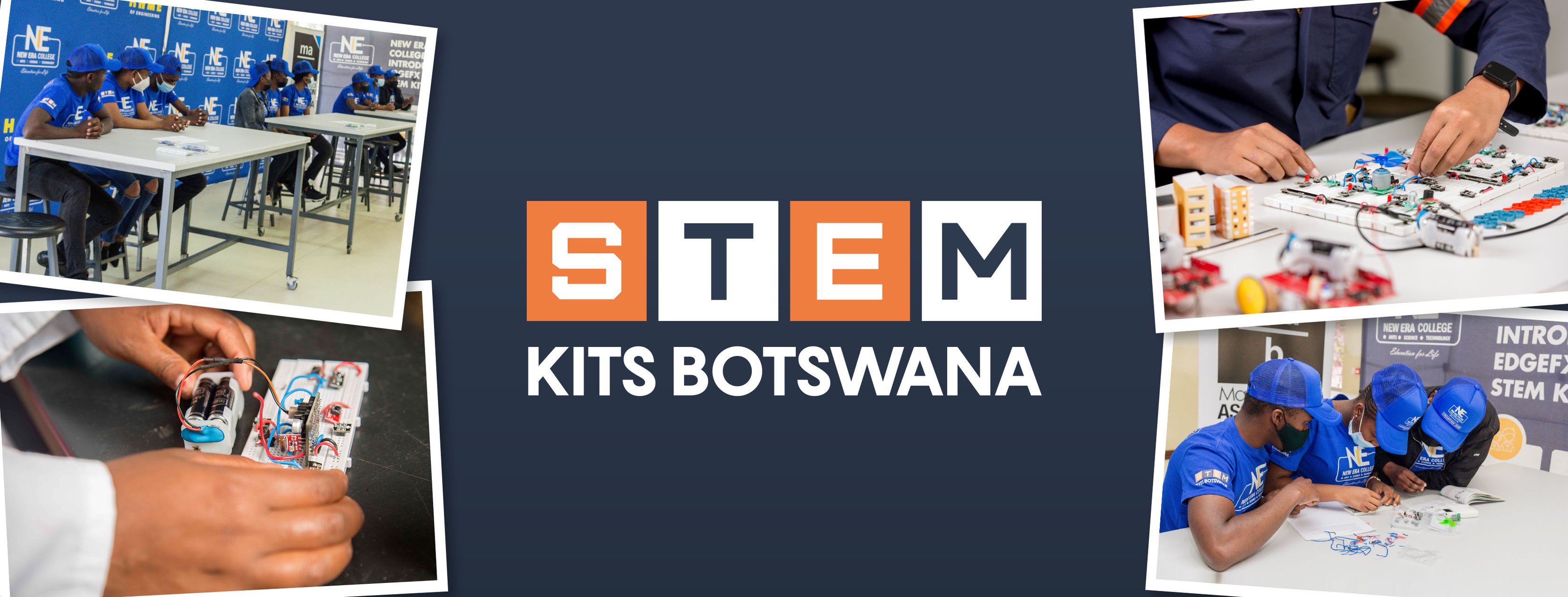
STEM Education
BIUST’s new robotics lab and STEM festivals in 2025 inspire youth, with girls’ participation rising 20% to address gender gaps in science fields.
